Who Gets the Money in a Wrongful Death Lawsuit?
If your loved one had an untimely death due to someone’s negligence or fault, the state allows you to recover damages caused by their absence.
But who gets the money in a wrongful death lawsuit? The division of funds among beneficiaries can be tricky territory to maneuver, often bringing out the worst in people. That’s why it’s essential to have an understanding of the rules that apply to compensation.
In this article, we will provide you with a better understanding of wrongful death, the damages that may be awarded, the role of insurance, and factors that affect the distribution of settlements.

Understanding Wrongful Death Lawsuits: Definition and Purpose
Wrongful death lawsuits involve deaths caused by another person’s accidental, intentional, or wrongful act. It can be due to:
- Car accidents
- Defective products
- Drug side-effects
- Intentional acts of crime
- Medical malpractice
- Nursing home neglect & abuse
- Occupational hazards
- Slip-and-fall accidents
- Work-related injuries
In a wrongful death lawsuit, the family or a personal representative of the deceased is allowed to claim financial compensation for their loved one’s passing. However, they must prove that negligence or a wrongful act was involved.
How To Determine Liability in Wrongful Death Cases
How do you prove liability?
- Establish that the defendant had a duty to act responsibly.
- Prove that the defendant failed to live up to this obligation and act reasonably.
- Show that their breach of duty caused fatal injuries and your loved one’s death.
Once these points have been adequately addressed, you can move on to the damages caused by the person’s death.
Eligibility and Standing: Identifying Parties Who Can File a Wrongful Death Lawsuit
The people eligible for filing wrongful death claims vary across states. However, spouses, children, and anyone financially dependent on the deceased, including distant relatives (siblings and grandparents) are typically qualified to file claims.
In Kentucky, the personal representative (sometimes called an executor) of the deceased’s estate can make a claim on behalf of the surviving family members.
There are two exceptions to this case. According to Kentucky statutes:
If the victim died because of a deadly weapon, only the surviving spouse and children can file this claim. Priority is given to the victim’s spouse.
If the victim was a minor, the victim’s parents can file the lawsuit alongside the personal representative.
Remember that rules can vary so talk to a lawyer to know what to expect.
Types of Damages Awarded in Wrongful Death Lawsuits
Here are the types of compensation awarded in wrongful death lawsuits:
- Burial expenses
- Funeral expenses
- Legal fees for the execution of their estate
- Lost income and financial support for the dependents of the deceased
- Medical bills
You may also receive punitive damages, but only if the death was caused by gross negligence or intentional or malicious acts.
Compensation is determined based on the level of support (financial or otherwise) the deceased provided to their dependents. For example, if the victim was in a high-paying job, or nearing retirement, you may get damages associated with the value of their future income, bonuses, and retirement contributions, to name a few.
Wrongful Death Lawsuits in Kentucky: Variations in Compensation Rules
In Kentucky, claims surrounding wrongful deaths can be unique.
For example, it’s possible to file for a loss of consortium. When someone dies due to avoidable circumstances, the dependents are often caught in a sea of grief. A competent lawyer will help you seek damages for the loss of spousal companionship, care, and affection, which requires filing a separate claim to recover these damages from the defendant.
Role of Insurance in Wrongful Death Cases: Coverage and Limits
Typically, an insurance company pays for the settlement/verdict. However, you must identify which policy applies to your situation and file against it.
For instance, if the deceased passed away following a slip-and-fall accident, instances of premises liability will apply. Similarly, if your loved one had a fatal reaction to a drug despite detailing their medical history and possible allergens, then you may be able to seek damages through medical malpractice insurance.
Something to note: These policies often have maximum payout amounts, so it’s important to name every potential party to recover as much damages as possible.
But what happens when the defendant does not have an insurance policy?
You can still file a claim against them, but you won’t be able to recover much in damages, especially if they have little to no personal income or savings.
Distribution of Damages: Priority and Allocation Among Beneficiaries
Kentucky follows a complicated structure regarding the distribution of damages among family members. Typically, the spouse and children take priority after the settlement of a wrongful death lawsuit.
Here’s the gist of it:
- If the victim has a surviving spouse but no children, the entire sum received from the settlement will go to the spouse.
- If the victim is survived by their spouse and children, the spouse and children will each get half.
- If the victim is survived by their children but doesn’t have a spouse, the entire amount will go to their kid(s).
- If the victim has no children or spouses, the money will be equally distributed among surviving parents whether adopted or biologically related.
However, if the victim does not have any surviving dependents, be it spouse, children, parents, or descendants, the settlement will become a part of their estate. It will be used to pay off taxes and debt while the remaining amount will be awarded to distant relatives.
Note that funeral costs, attorney fees, and other administrative costs are subtracted from the amount before being distributed among beneficiaries.
Factors Affecting the Distribution of Wrongful Death Settlements
Juries look more favorably towards people who are genuinely suffering from their loss and aren’t just out for quick cash. They’re also much more likely to award higher compensation when it’s the death of someone who was an asset to society.
So, if they suspect that the family members of the deceased are untrustworthy, it could significantly impact the verdict.
Importance of Finding a Good Lawyer
Getting a good lawyer who has worked on similar cases is of extreme importance. Such professionals are more likely to understand the nuances of such claims. Here’s how they can help:
- Identify parties responsible for your loved one’s death
- Gather evidence
- File legal documents and keep track of their progress in the legal system
- Handle all case-related communications
- Hire experts who can support your case
A competent lawyer will also make appearances on your behalf so you don’t have to relive the emotional trauma and grief brought on by your loved one’s death.
Remember, you only have one year to file for a wrongful death lawsuit.
Hire KY Lawyer To Represent You
If your loved one has become the victim of gross negligence or an intentional crime, consider scheduling a free consultation with us.
We understand the toll that the death of a loved one can have on you and your family. Our team will thus approach your claims with care, compassion, and empathy, giving you the freedom to share your case without fear of judgment.
Our legal experience has given us a thorough understanding of effective litigation strategies. Rest assured, we will leave no stone unturned in getting you the justice you rightfully deserve. Contact us to learn how we can help.






BUSINESS HOURS
- Mon - Fri
- -
- Sat - Sun
- Closed
Address


All Rights Reserved | Bahe Cook Cantely & Nefzger PLC
Website Design by Creekmore Marketing





